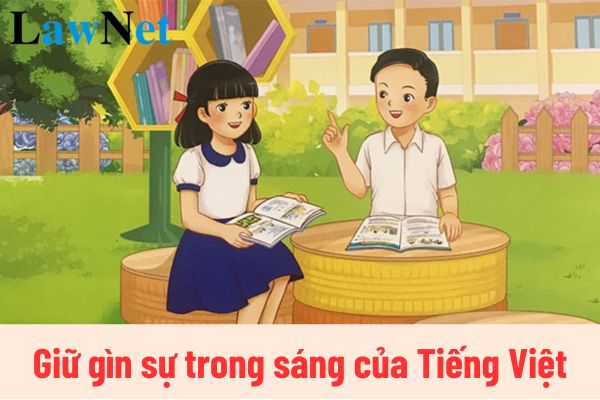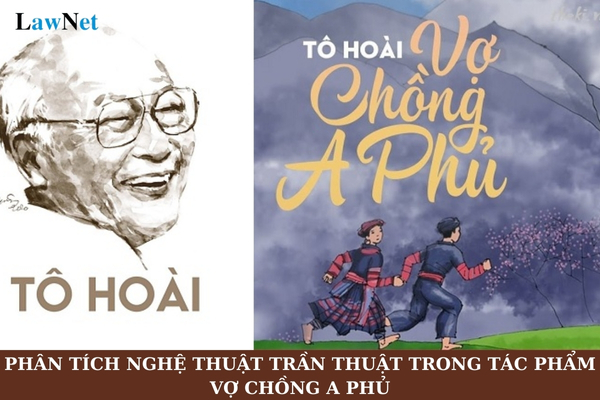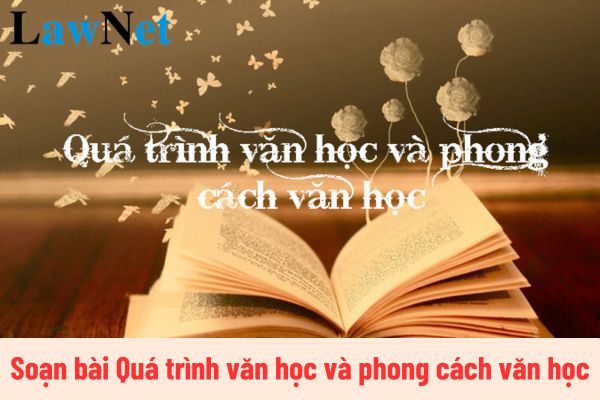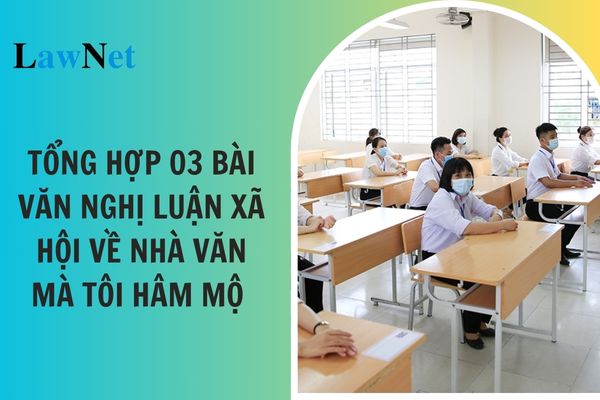What are the 05 sample argumentative essays on preserving the purity of the Vietnamese Language? How many lessons are there in the 12th-grade Literature curriculum per semester?
What are the 05 sample argumentative essays on preserving the purity of the Vietnamese Language?
Essays on preserving the purity of the Vietnamese Language are intended to analyze, assess, and present viewpoints and arguments on the importance of protecting the purity and beauty of the Vietnamese language.
Writing essays on preserving the purity of the Vietnamese Language will be practiced by 12th-grade students in the 12th-grade Literature curriculum in Vietnam.
Students and teachers may refer to the following 05 sample argumentative essays on preserving the purity of the Vietnamese Language:
|
05 sample argumentative essays on preserving the purity of the Vietnamese Language
|
*Note: The above 05 sample argumentative essays on preserving the purity of the Vietnamese Language are for reference only./.

What are the 05 sample argumentative essays on preserving the purity of the Vietnamese Language? How many lessons are there in the 12th-grade Literature curriculum per semester? (Image from the Internet)
In Vietnam, how many lessons are there in the 12th-grade Literature curriculum per semester?
Under Section 8 of the Appendix of the General Education Program for Literature issued together with Circular 32/2018/TT-BGDDT, the number of lessons in the 12th-grade Literature curriculum is specified as follows:
Program duration at each grade (in terms of lessons)
| Grade 1 | Grade 2 | Grade 3 | Grade 4 | Grade 5 | Grade 6 | Grade 7 | Grade 8 | Grade 9 | Grade 10 | Grade 11 | Grade 12 |
| 420 | 350 | 245 | 245 | 245 | 140 | 140 | 140 | 140 | 105 | 105 | 105 |
At the upper secondary level, each grade is allotted an additional 35 lessons for elective academic topics.
Thus, 12th-grade students will study 105 lessons per year and an additional 35 lessons of elective academic topics, totaling 140 lessons. In each semester, 12th-grade students will study about 70 lessons of Literature.
What are the assessment methods for 12th-grade students in Vietnam?
Under Section 7 of the General Education Program for Literature issued with Circular 32/2018/TT-BGDDT, the assessment methods for 12th-grade students in Vietnam are as follows:
- Assessment of the Literature education results is conducted in two ways: regular assessment and periodic assessment.
+ Regular assessment is conducted throughout the teaching process, organized by the subject teacher; assessment forms include teacher assessments of students, peer evaluations, and self-assessment.
For regular assessment, teachers can rely on daily observations and notes about students, student's question responses, or presentations, test performances, literary analysis and feedback, reports, research projects, etc.
+ Periodic assessment is conducted at the near end or end of a learning period (such as semester-end or school year-end) by educational institutions for managing teaching activities, ensuring educational quality, and developing curriculum and learning materials.
Periodic assessments often take place through written tests or exams. The exams and tests may require essay writing (one or multiple questions), or combine objective tests (objective multiple-choice questions) and essays (open questions) to assess reading comprehension and require an essay on a specific topic as per learned text types in the curriculum.
Oral examinations or assessments can be used to assess speaking and listening if necessary and feasible. In evaluating final-year and end-of-course results, the assessment form should be renewed (exam structure, question formulation, level of difficulty...), and language materials should be used and explored to ensure student competency assessment, overcoming the situation where students only memorize or copy existing materials; avoid reusing previously studied materials to accurately assess reading comprehension and literary analysis abilities.
Regardless of the assessment form, it must ensure that students can express and demonstrate their qualities, language competencies, literary competencies, figurative and logical thinking, their genuine thoughts and feelings, without borrowing or copying; encouraging writings with individuality and creativity. Students should be guided to understand the objectives, methods, and system of evaluation criteria for these qualities and competencies.










- What is the sample analysis of the Character "Mother Le" in "Nhà mẹ Lê"? What are the learning rights and obligations of 10th-grade students in Vietnam?
- Vietnam: What is the brief summary of the resistance against the Mongol-Yuan invasions? What are the conditions for 7th-grade students to be eligible for grade advancement?
- Vietnam: What are the top 3 sample social argumentative essays on perseverance as the key to success? What learning outcomes are required for writing content in the 7th-grade Literature curriculum?
- Vietnam: What are the sample descriptive essays on a favorite toy for 5th-grade students? What are the assessment criteria for 5th-grade students?
- Vietnam: What are the sample brief paragraphs showing the feeling for the Poem "Gặp lá cơm nếp"? What are the regulations on periodic assessment for 7th-grade students?
- Vietnam: What is the sample outline of an essay on recounting the story "The Legend of the Foeniculum Vulgare" for 5th-grade students? What types of essays are 5th-grade students required to be able to write?
- Vietnam: What are the guidelines for preparing a brief outline for an essay on retelling an experience for 4th-grade students? What learning outcomes are required for writing practice in the 4th-grade Vietnamese language curriculum?
- Vietnam: What are the sample 15 sample descriptive paragraphs on your house for 3rd-grade students? How many lessons are allocated for writing content in the 3rd-grade Vietnamese language curriculum?
- Vietnam: What are the guidelines for preparing the brief lesson "Giọt sương đêm" for 6th-grade students? What are the competency requirements in literature for 6th-grade students?
- What are the sample essays on sharing an experience with a family member for 6th-grade students in Vietnam? What elective subjects do 6th-grade students learn?

